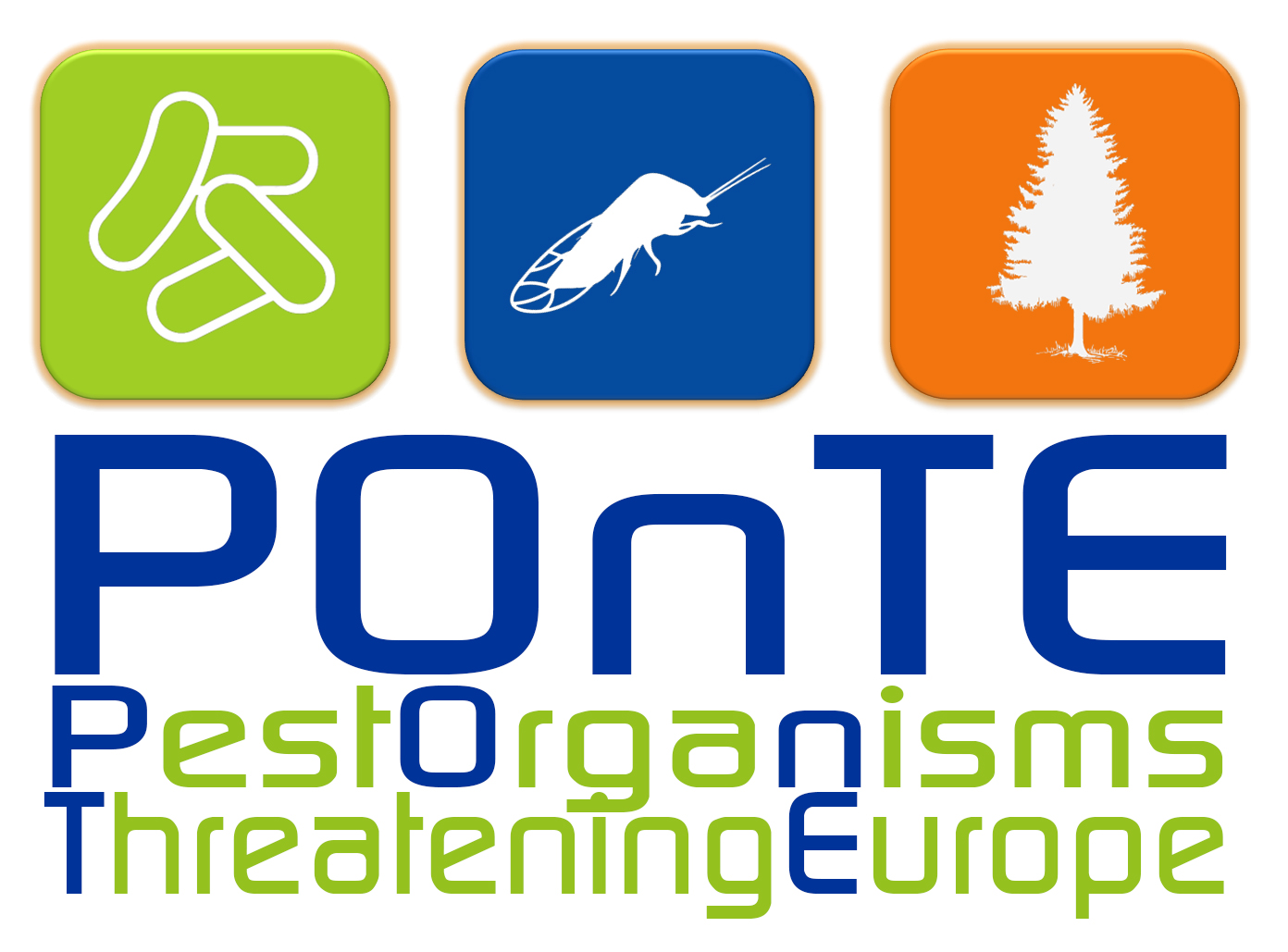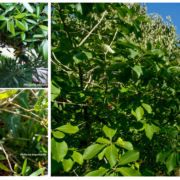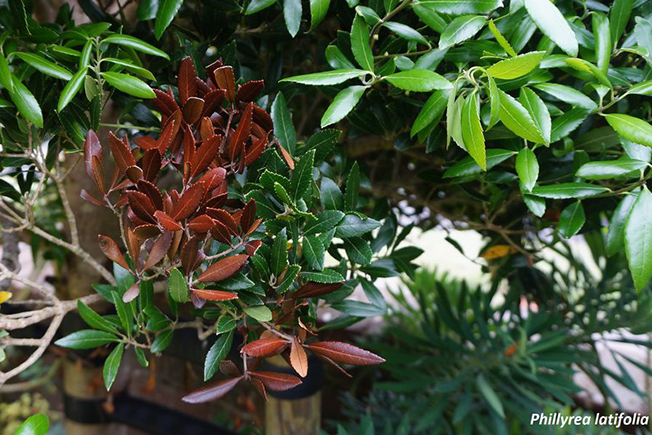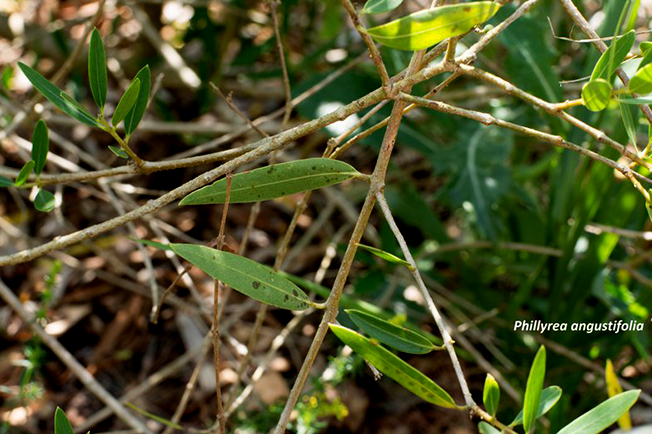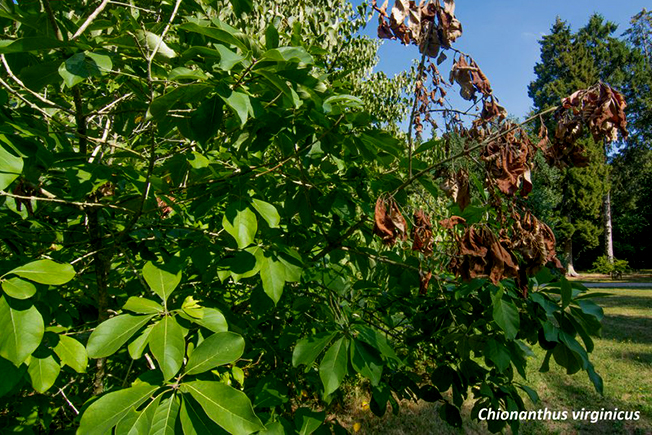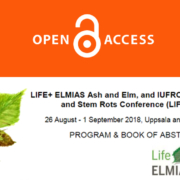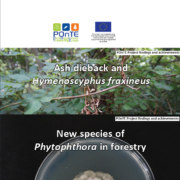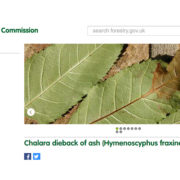Researchers from Forest Research have identified ash dieback on three new host species of tree in the UK
Three new tree and shrub species in the same family as ash (Oleaceae) have tested positive for ash dieback (Hymenoscyphus fraxineus) infection in the South of England. The disease was confirmed by the researchers of Forest Research, Great Britain’s principal organisation for forestry and tree related research, and a partner of the POnTE Project Consortium.
According to the experts, these new foci of H. fraxineus infection are unlikely to have a significant impact on the environment, as the newly infected species are not widespread or native to the UK.
The infection was identified on symptomatic trees of mock privet (Phillyrea latifolia,), narrow-leaved mock privet (P. angustifolia) and white fringetree (Chionanthus virginicus). Phillyrea spp. are native to the western and central Mediterranean basins and Chionanthus virginicus is native to southern North America. In all cases the affected species were found in close proximity to infected ash trees.
Further tests on the nature of the infection and a wider monitoring campaign for susceptibility to H. fraxineus infection, including other species in the Oleaceae family, will now be conducted. A number of these species have already been tested by other researchers including forsythia (Forsythia x intermedia ‘Lynwood’), privet (Ligustrum vulgare), osmanthus (Osmanthus sp.) and lilac (Syringa sp.), but were found to be negative.
For more details on the new finding please visit this link.
Phyllirea latifolia (Courtesy @ Forest Research.gov.uk)
Phyllirea angustifolia (Courtesy @ Forest Research.gov.uk)
Chionanthus virginicus (Courtesy @ Forest Research.gov.uk)
